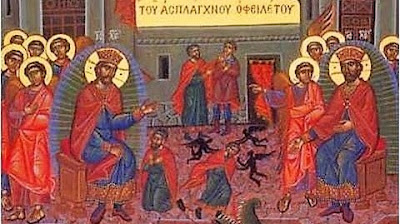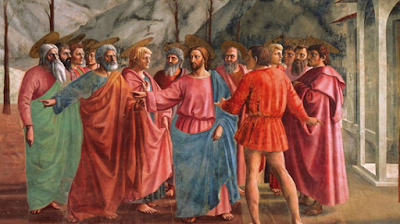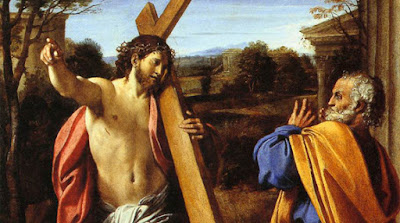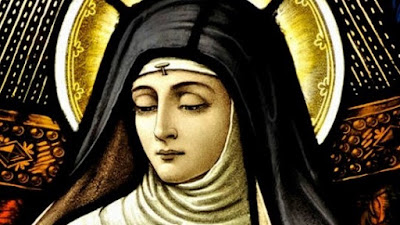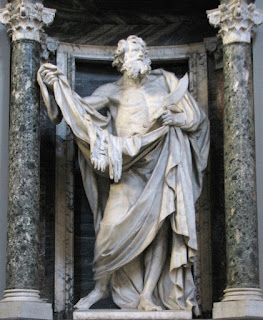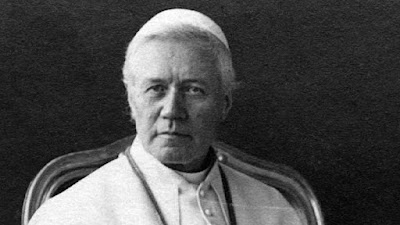Homily for the 24th Sunday in Ordinary Time, September 13, 2020, Year A
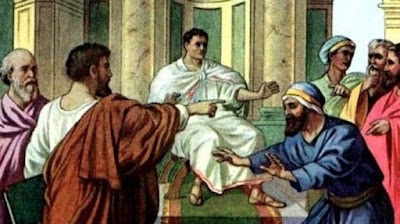
Fr. Charles Irvin Diocese of Lansing ( Click here for Sunday’s readings ) The classic format for writing a drama is to present it in three acts. So let’s look at today’s Gospel account in that format. Act I – Balancing the Books. We have here a debtor who owes his master ten thousand talents. Now a talent was an amount of money equal to one thousand denarii, and a denarius was a Roman silver coin equal to one day’s labor. Doing the arithmetic, the amount of the debt equaled ten million days’ wages. Responding to the debtor’s request the king, in an act of subtle sensitivity, changes the obligation from a debt to a loan. Did you notice that in the reading? It tells us: “Moved with compassion the master of that servant let him go and forgave him the loan.” What is striking is that the debtor didn’t ask for forgiveness, he asked only for time to pay it back. Was he nuts? He must have been! How could he possibly think he could pay back the huge obligation he owed his master? S
